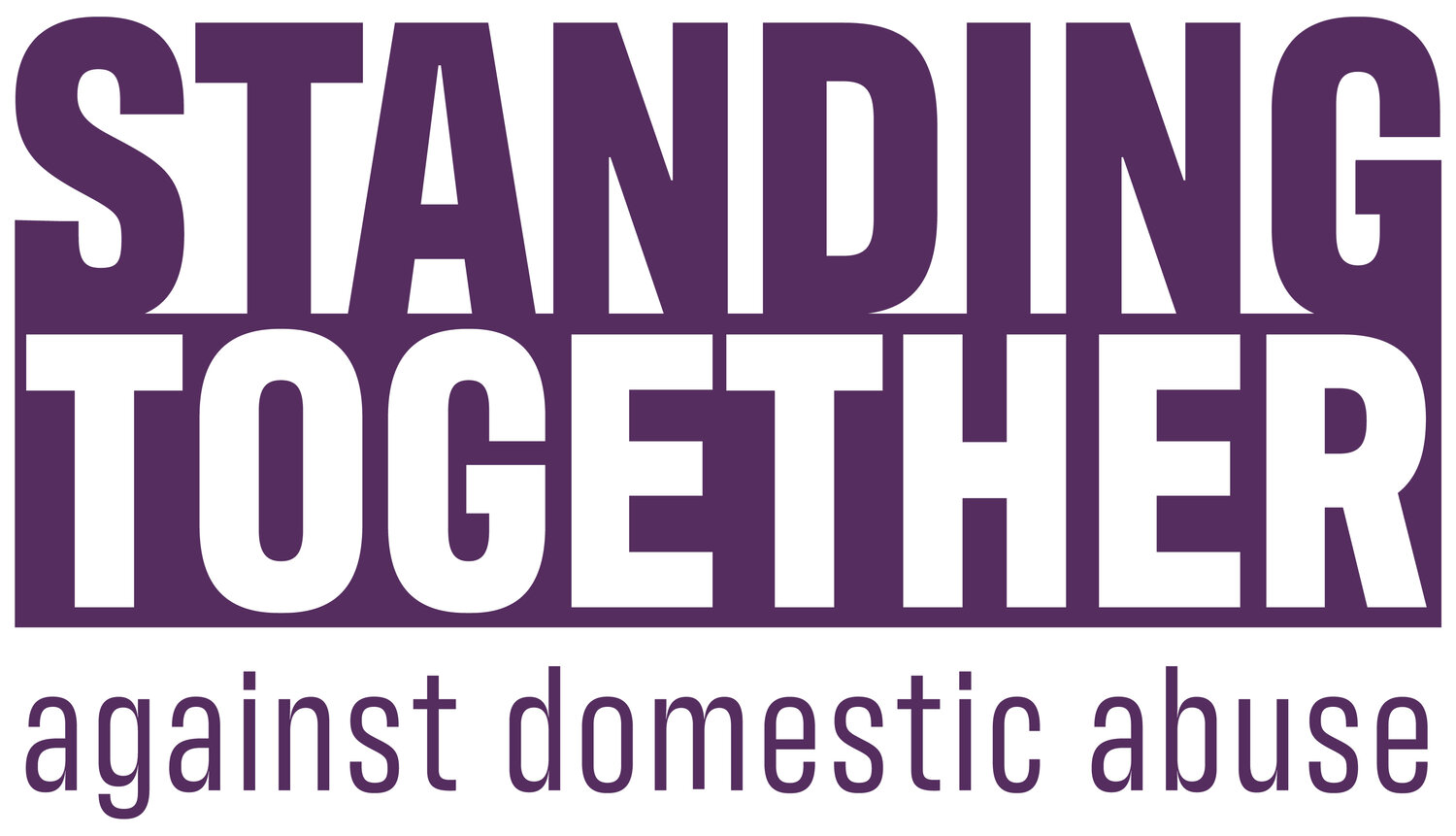
Housing
Domestic abuse is one of the leading causes of homelessness amongst women & housing is the primary barrier for women attempting to leave abusers.
Why it matters
For people experiencing domestic abuse, the home is often the most dangerous place
75% of women killed by their partner or ex-partner in England and Wales are killed in their own home
40% of all homeless women state that domestic violence is a contributing factor in their homelessness
90% of young people leave home because of family conflict, including witnessing domestic violence or being a victim of physical or sexual abuse.
Our Work
We have worked in the housing sector for over a decade embedding a coordinated community response to domestic abuse by bringing partners together and building their capacity to respond appropriately. While we still continue to coordinated this response in our local area, we have led the roll out of this best practice nationally too.
In 2014 we co-founded the Domestic Abuse Housing Alliance (DAHA) alongside our partners Gentoo and Peabody. Through this alliance we have shaped the national standard, outlined 8 priority areas for change and supported 19 housing providers through our accreditation process.
We have since expanded and launched our Whole Housing Approach which is a first model of its kind which considers all housing tenure types (social, private rented, private ownership, supported accommodation, refuge services and Move On accommodation).
Through our extensive work in this area, we noticed a gap between homelessness and domestic abuse services. In 2017 we launched our Housing First & Homelessness project to bridge this gap and build partnerships to better respond to survivors experiencing homelessness, VAWG and other forms of multiple disadvantage.
Our local housing partnership
We employed our first Housing Coordinator in 2008 to initiate a coordinated community response to domestic abuse within the local housing sector and to encourage best practice. The Housing Operational Group was set up that same year as part of Hammersmith’s local domestic abuse partnership and the coordinator worked with local housing providers to review and improve responses within their organisations. This included developing and supporting with implementing policies, procedures, and protocols.
The group continues to meet quarterly and is now part of the Shared VAWG Partnership between the boroughs of Hammersmith, Kensington and Chelsea and Westminster. Through our coordination, we continue to bring together leads from the local authority housing departments, housing associations, homelessness services and specialist domestic abuse services. We start conversations about domestic abuse within and between different housing sectors to ensure that victim/survivors (with or without children) receive consistent, appropriate and professional support when approaching housing services and housing providers in these boroughs. The meetings offer a space to share information and learning, to collaborate, and to keep communicating and improving integrated working outside of meetings.
Since 2012, we have coordinated the local Sanctuary Scheme on behalf of Hammersmith and Fulham Council.
We also work with local providers who are in the process of acquiring DAHA accreditation.
And we deliver specialist housing training. Find out more here



